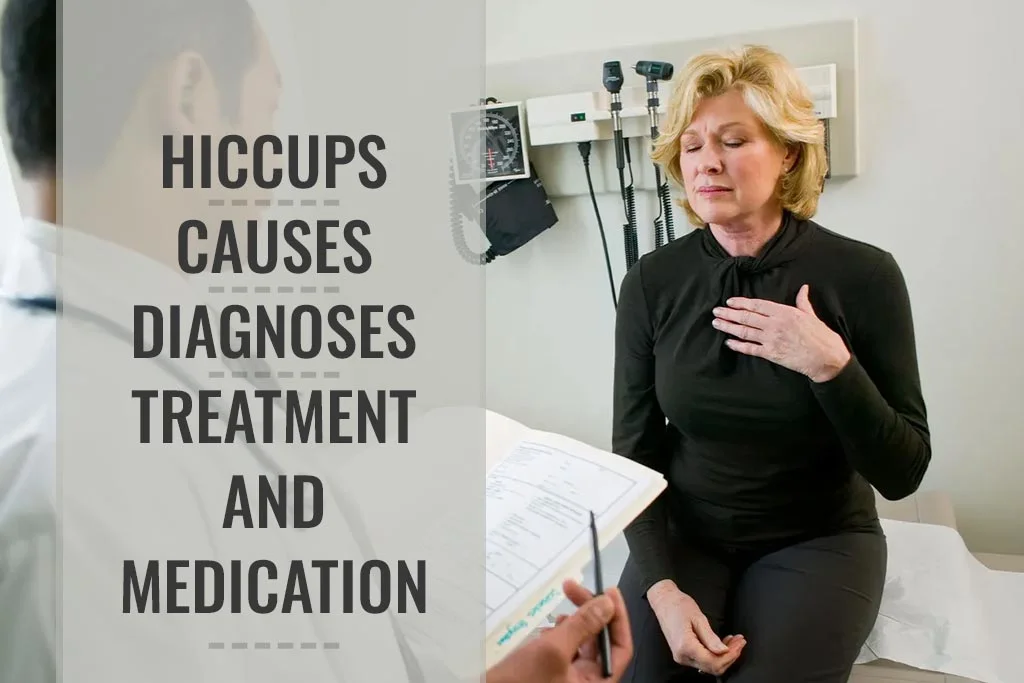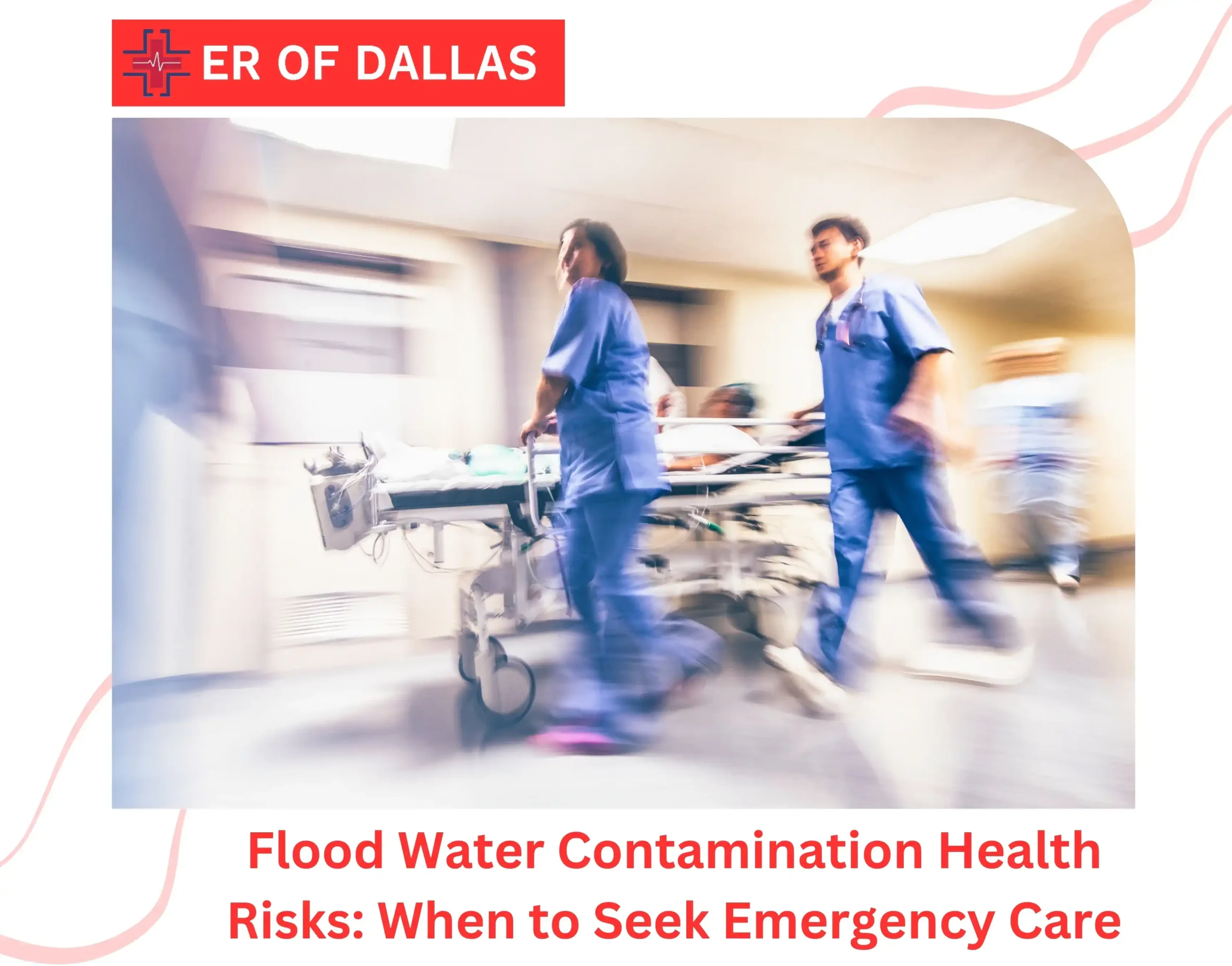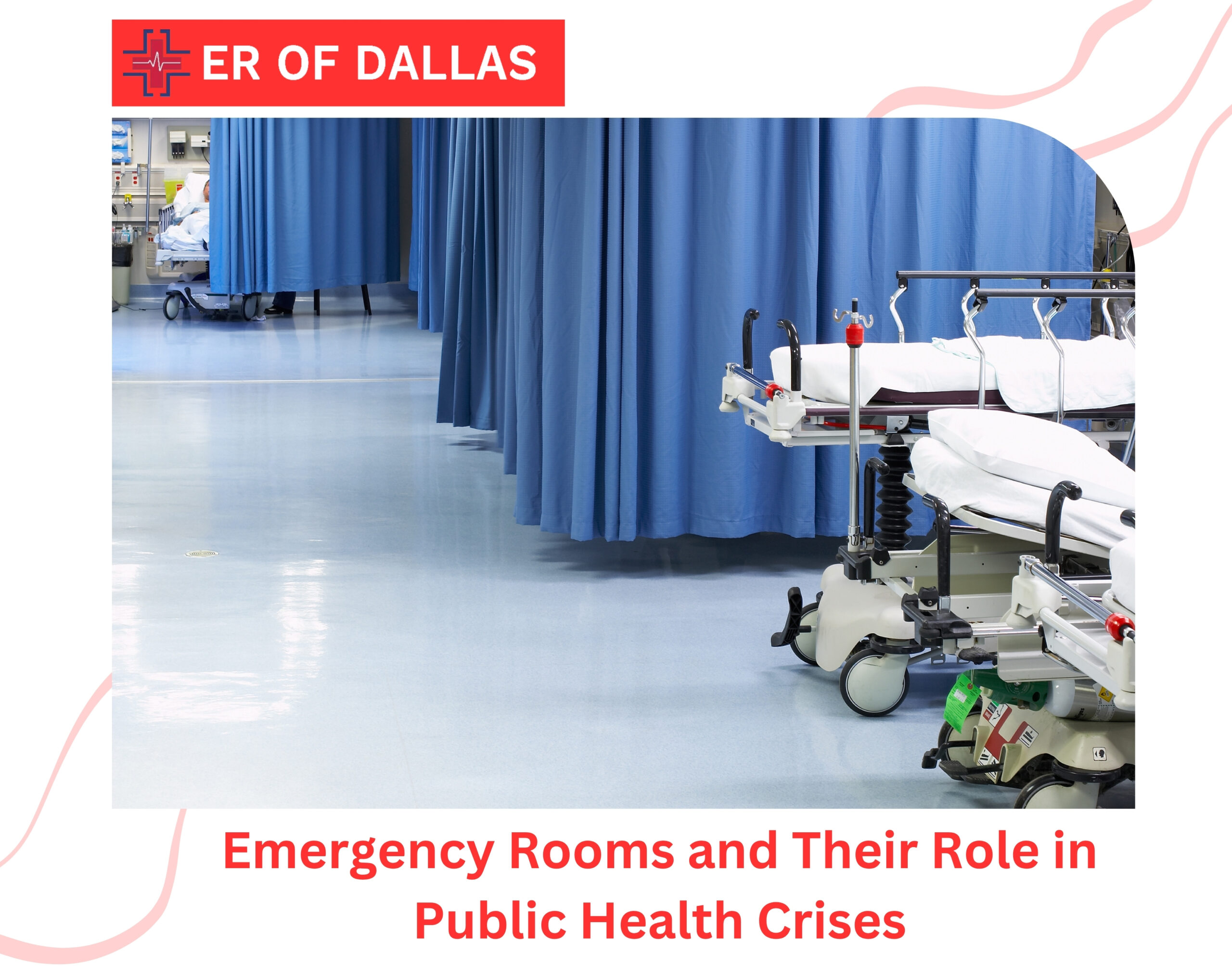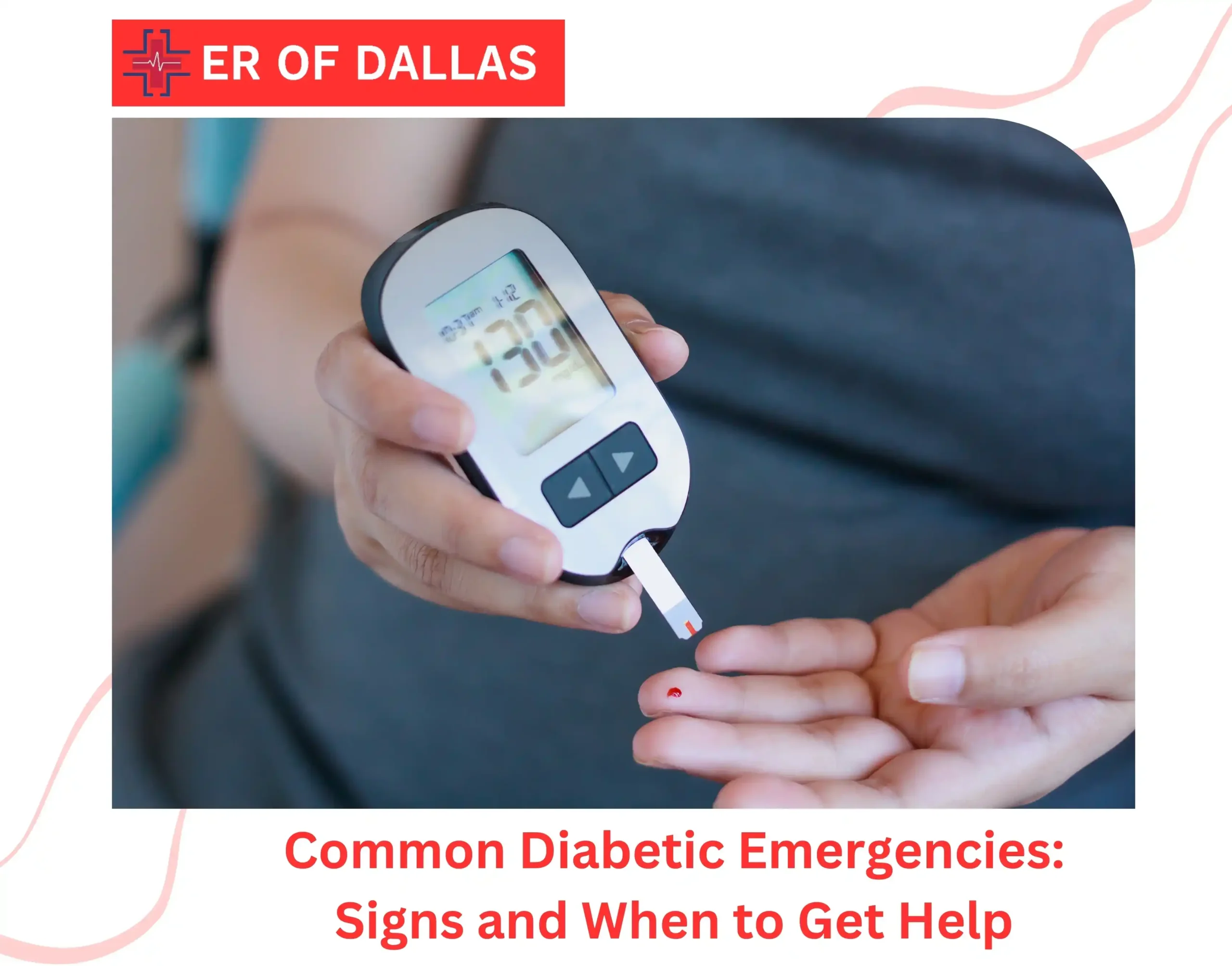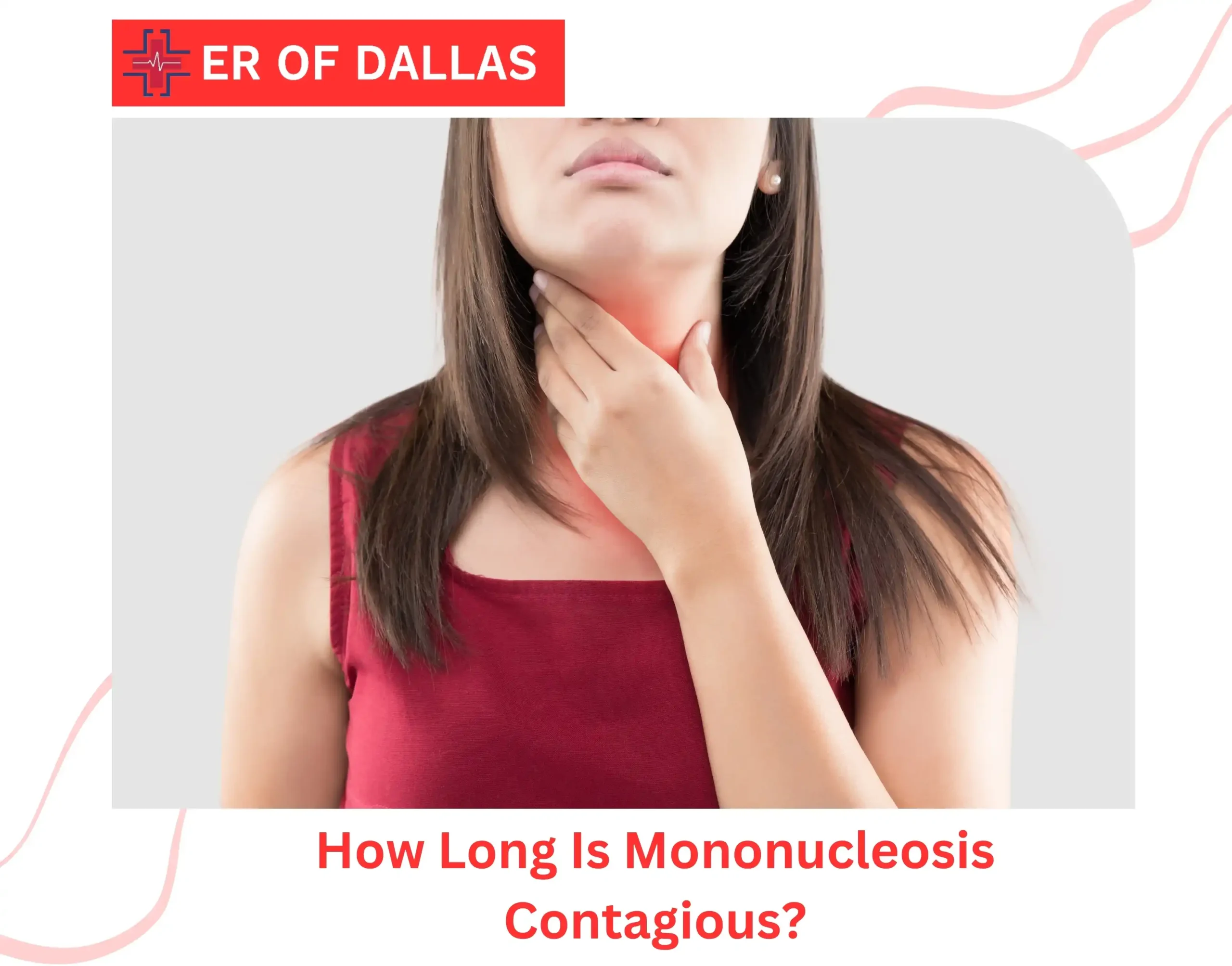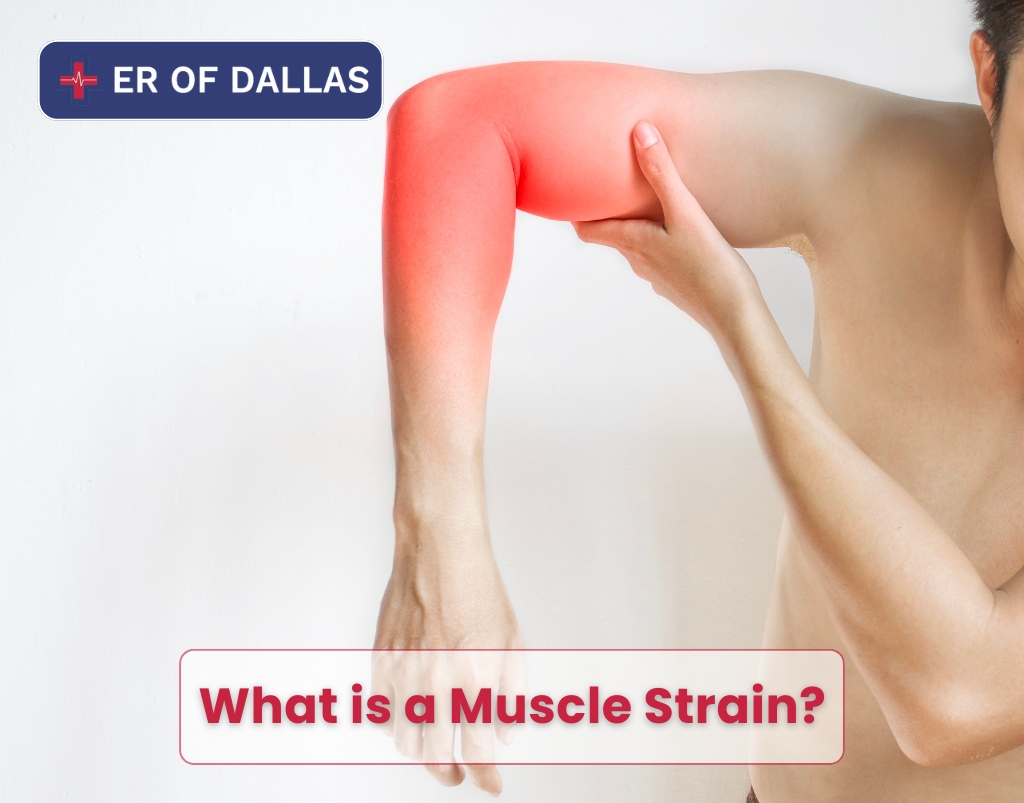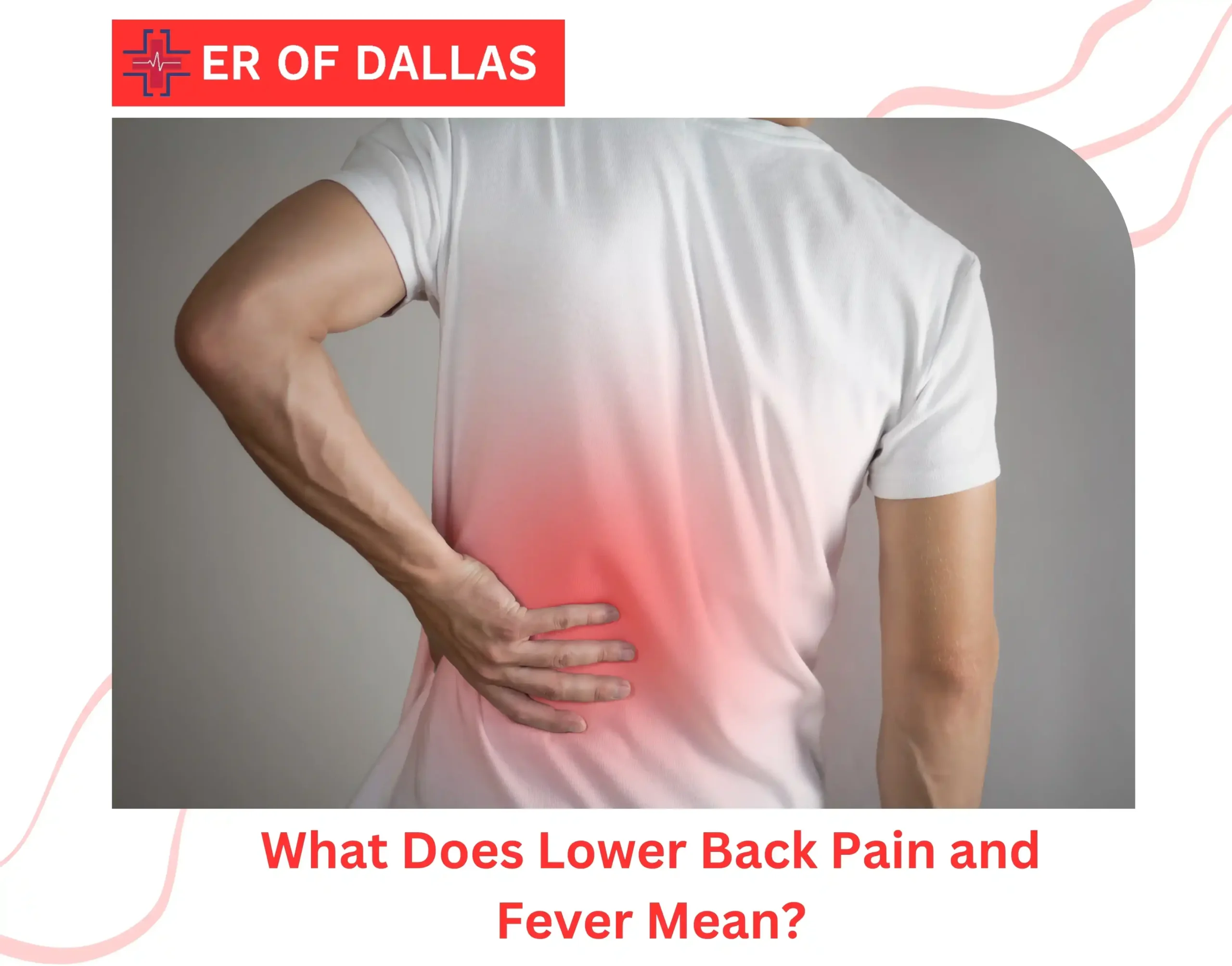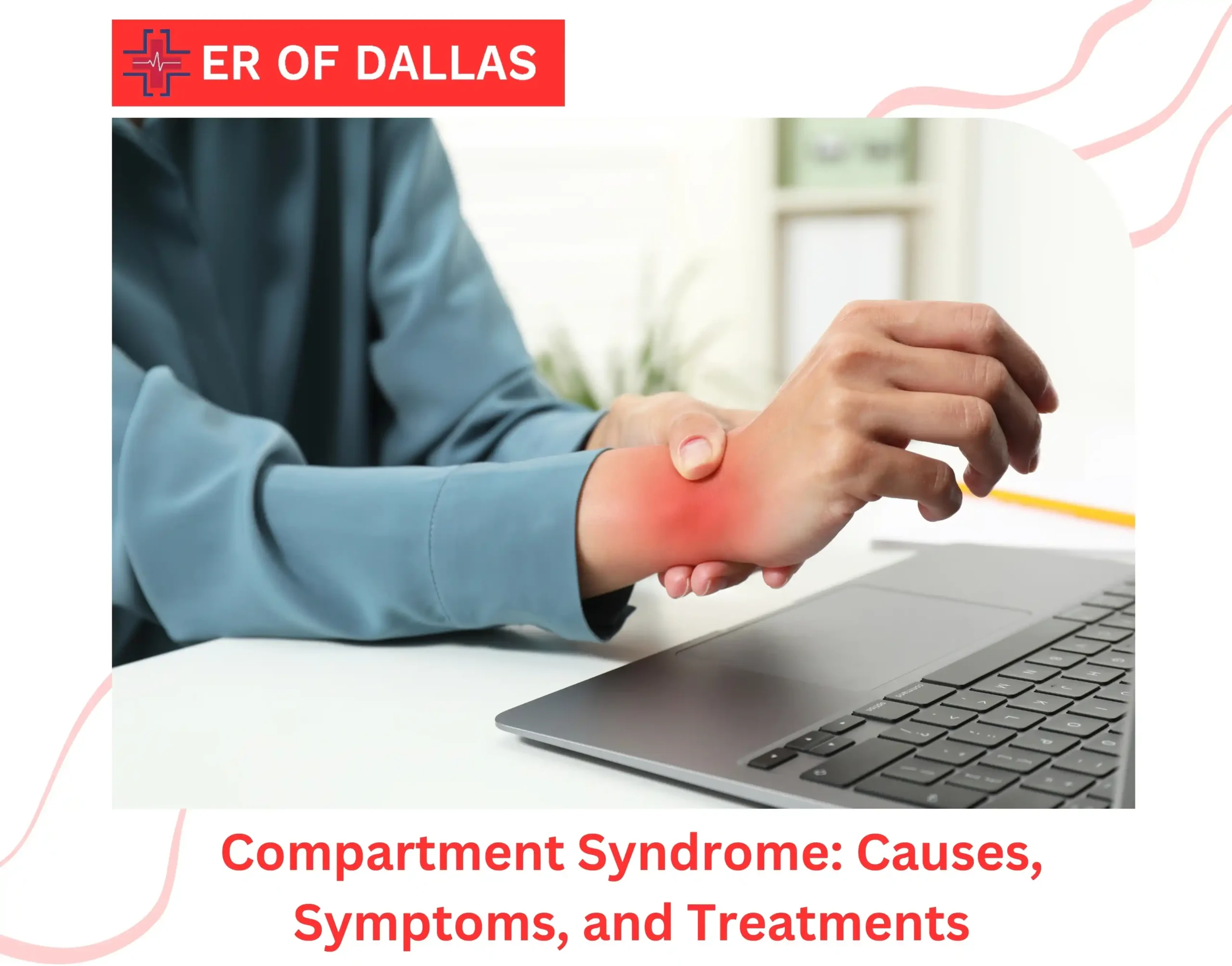Hiccups are generally thought of as minor inconveniences, but it is surprising how persistent and even perplexing they may be. These involuntary diaphragmatic contractions, which are accompanied by a distinctive “hic” sound, have long interested and mystified people. Hiccups are normally harmless and temporary, but on rare occasions, they may be a sign of a serious medical issue. In this comprehensive analysis, we delve into the intricate world of hiccups, determining their etiology, discussing potential diagnoses, and examining the range of available treatments.
Whether you are interested in learning more about the mechanics of hiccups or you only occasionally experience them, this article aims to be your guide to the intricacies of hiccups by offering informative information about their causes and useful strategies for controlling and preventing them.
What Are Hiccups?
During tics, the diaphragm, the muscle tissue just behind your lungs, contracts rapidly and erratically. The diaphragm separates your chest from your abdomen and regulates breathing. Your lungs take in oxygen as your diaphragm contracts. Your diaphragm relaxes, allowing your lungs to expel carbon dioxide.
With every diaphragm spasm, the vocal cords and larynx (voice box) suddenly close. This causes a sudden, rapid rush of air to enter the lungs. When your body reacts with a gasp or chirp, it produces the sound associated with hiccups.
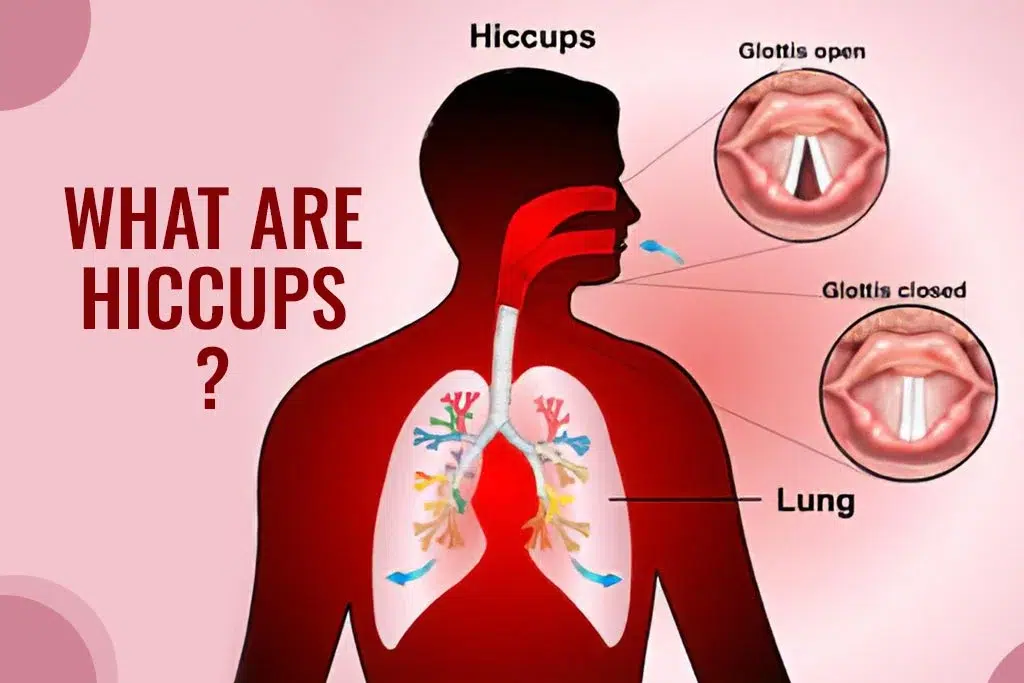
One cannot plan for interruptions. Before you produce the characteristic hiccup sound, there is typically a slight tightening of the chest or throat with each spasm.
The majority of hiccup episodes come on suddenly and end without any apparent cause. Most episodes are over in a matter of minutes.
Why Do I Get Hiccup?
Anything beyond the first two instances of humor is typically just irritating. Everyone has experienced them, but do you genuinely know their origins? The weird little noises that can suddenly come out of your mouth are called hiccups.
However, hiccups originate much lower in the body, in the diaphragm, the dome-shaped muscle that sits between your stomach and lungs. Normally, the diaphragm pulls down during inhalation to allow air to enter your lungs, and it relaxes during exhalation to allow air to return to your lungs and exit your mouth and nose.
However, if your diaphragm is irritated, it may spasm and force you to inhale sharply into your throat, where your voice box is located. Your vocal cords abruptly close as a result, producing the distinctive “hic!” sound.
Can Hiccups Last More Than Two Days?
If your hiccups don’t go away after a few days, they are considered “persistent”. If they endure for several months, they are called “intractable” (long-lasting hiccups). Long-lasting hiccups are rare. They might exhaust you and put you under pressure. A more serious underlying medical condition may be the cause of uncontrollably frequent hiccups, which should be treated before they go away.
Among these more significant underlying conditions are:
- Tumors and cancer.
- Lesions and tumors.
- Stomach and esophageal disorders, such as GERD (gastrointestinal and abdominal disorder).
- Discomfort in the diaphragm.
- Alcoholism and hepatic cancer.
- Pneumonia.
- Gastrointestinal disorders.
- Bladder irritation and pancreatitis.
Hiccups can also occur during the healing phase following a procedure or surgery. If you experience persistent hiccups, consult a medical professional.
Short-Term Hiccups
The causes of hiccups are numerous and well-established. There isn’t a definitive list of triggers, though. Frequently, hiccups occur for no apparent reason.
The following are some common causes of momentary hiccups:
- Air being swallowed when chewing gum
- Overindulging in food
- Consuming hot cuisine
- Aerophagia is the term for excessive air consumption.
- Drinking alcohol
- Thrill or emotional strain
- Consuming carbonated drinks, such as sodas
- Eating meals that are extremely hot or cold
- Abrupt shifts in the temperature of the air
Your risk of getting hiccups can be increased by several factors. Your vulnerability might be higher if you:
- Are a man.
- Have been put under general anesthesia
- Experience strong feelings or thoughts, such as excitement or anxiety
- Had surgery performed, particularly abdominal surgery
Long-Term Hiccups
If a hiccup persists for more than 48 hours, it is deemed persistent. More than two months of hiccups are regarded as intractable, or challenging to treat.
These long-term hiccups are classified according to the kind of irritant that initiated the episode.
Irritation Or Damage To The Nerves
Most chronic hiccups are brought on by irritation or injury to the phrenic or vagus nerves. Your diaphragm is moved by the vagus and phrenic nerves. Certain nerves could be impacted by:
- Eardrum irritation that could be brought on by a foreign object
- Irritation or soreness in the throat
- An esophageal tumor or cyst
- Reflux disease of the stomach (GERD)
Damage To The Central Nervous System (CNS)
The central nervous system (CNS) may be involved in additional hiccup causes. The brain and spinal cord make up the CNS. The ability to control hiccups may be lost in the event of CNS damage.
The following CNS injuries can cause persistent hiccups:
- Stroke
- Tumors
- Brain damage or head trauma
- Meningitis and encephalitis are two types of infections that can result in brain swelling.
- An accumulation of fluid on the brain is called hydrocephalus.
- Infections of the brain, including neurosyphilis
What Are The Causes of Hiccups?
The cause of hiccups in people is unknown. Hiccups can occur for some reasons, such as low blood carbon dioxide levels and irritated nerves. Important components of breathing include the vagus nerve, which connects the brain to the stomach, and the phrenic nerve, which connects the neck to the diaphragm.
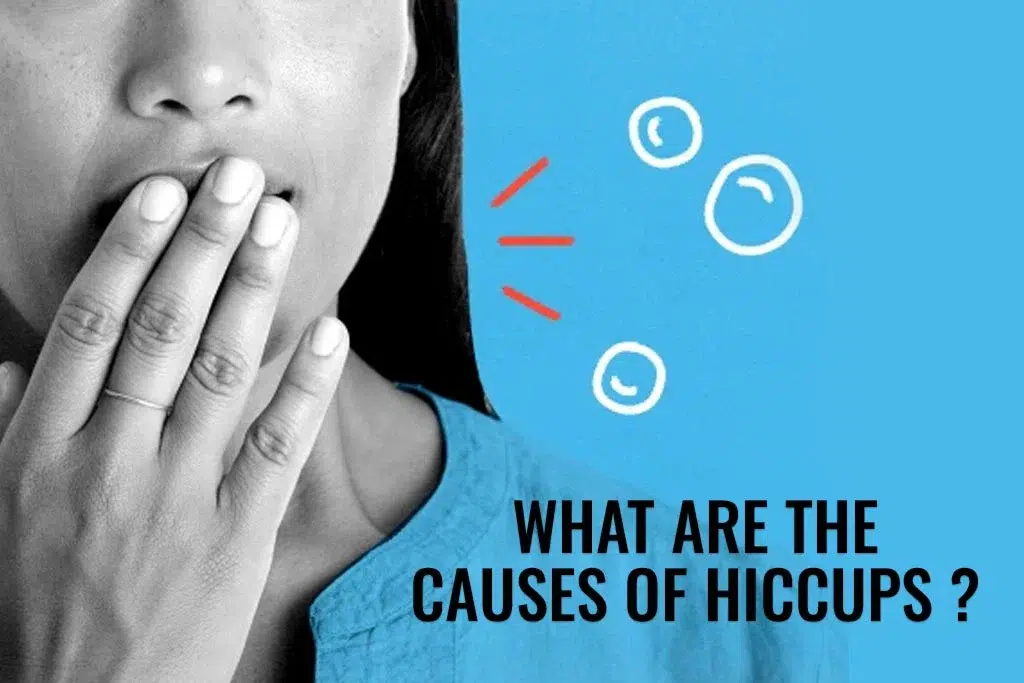
Simple hiccups, or ones that pass quickly, can occur when you:
- Consume food and liquids too rapidly.
- Drink alcohol or fizzy drinks.
- Consume excessively.
- Apply chemotherapy.
- Feel the tension, the excitement, and the terror.
- Hiccups after surgery due to anxiety, stress, and excitement
- Don’t overextend your neck.
- Take in harmful vapors.
- Use medications (benzodiazepines, in particular, for anxiety).
- Sip something exceedingly hot or very cold.
How To Diagnose Hiccups?
The diagnosis of hiccups is simple. All your medical professional has to do is hear the “hic” sound.
To find out whether there’s a medical condition underlying your hiccups, your doctor could do a physical examination. The physician may prescribe imaging, endoscopic, or laboratory testing if the physical examination reveals anything concerning.
How Can My Healthcare Provider Help Me?
- What is the duration of your hiccups?
- When do you get hiccups?
- Have you attempted any natural cures for your hiccups?
- Would you be open to using medicine to treat your hiccups?
- Do you suffer from GERD?
- Does your family have a history of cancer? Strokes? Growths?
- Do you have any further symptoms at all?
Treatment of Hiccups
Most of the time, hiccups go away on their own in a matter of minutes. Treating any underlying medical issues that contribute to hiccups may help lessen how often they occur.
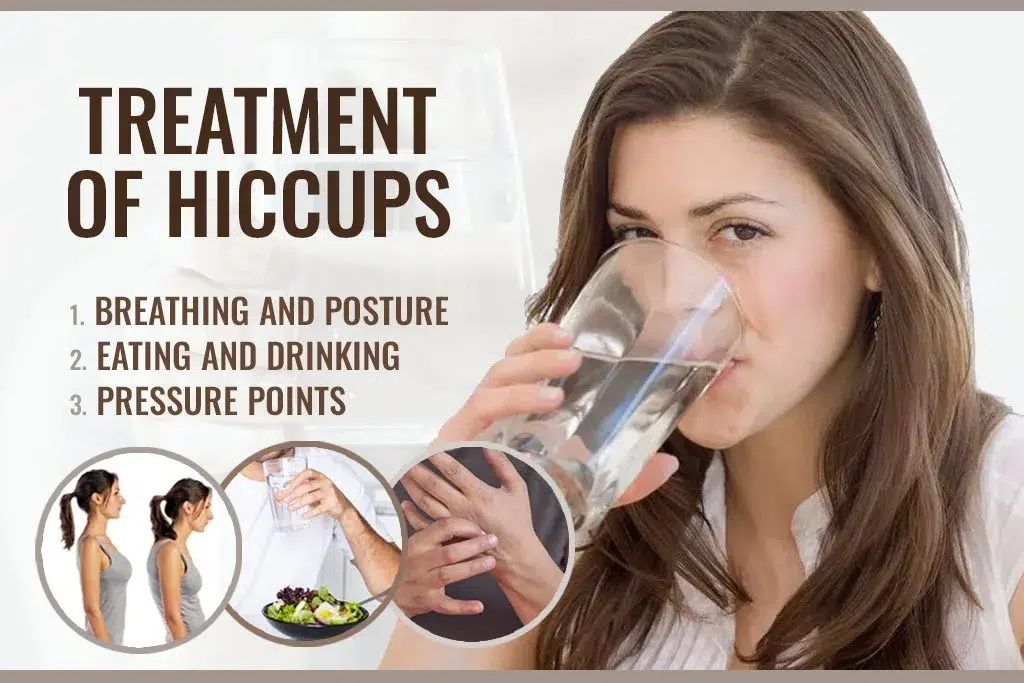
The following are some home cures and advice for handling a hiccup episode.
Breathing and Posture
No matter where they are when the glitches start, anyone can attempt:
- Taking two deep breaths, holding the breath for ten seconds, and then letting it out.
- Breathing into a paper bag, being careful not to place the bag over your head
- Bending forward and gently pinching the chest
- Cuddling them while putting their knees on their chest
Eating and Drinking
Food and drink are mentioned in several hiccup-busting strategies. Among them are:
- Swishing cold water around
- Putting a few vinegar droplets in the mouth
- Gnawing on a lemon slice
- Putting a small amount of powdered sugar on the tongue and then consuming it
- Drinking slowly in very cold water
Pressure Points
Other methods that some people may find effective are as follows:
- During swallowing, applying light pressure to each side of the nose
- Pulling lightly on the tongue may help reduce diaphragm spasms and activate the vagus nerve.
- Applying mild pressure on the diaphragm
Medication For Hiccups
Taking care of any underlying conditions a person may have would likely put an end to their irregularities. A doctor could recommend medication if a patient’s quality of life is being negatively impacted by extended hiccups. Since there is no other medicine approved by the Food and Drug Administration (FDA) to treat hiccups, chlorpromazine is the first-line treatment.
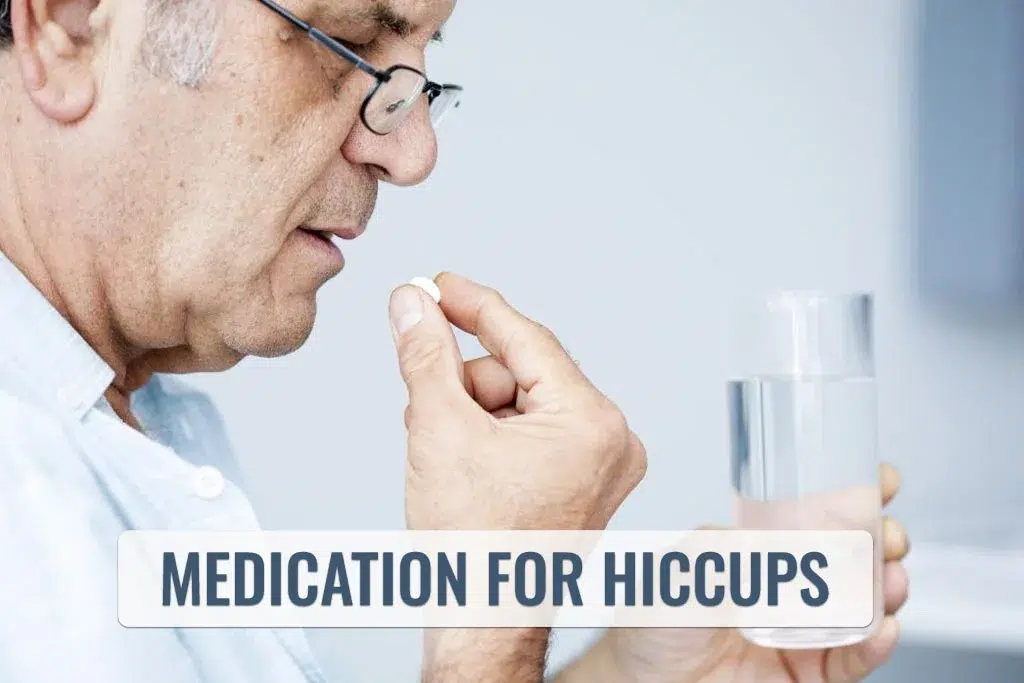
A doctor may recommend medication if previous therapies have failed to control severe or persistent hiccups. This might be thought of as the greatest choice if someone is:
- Losing weight as a result of improper eating habits
- Having depressive symptoms
- Not getting enough sleep or having trouble staying asleep
The physician may suggest a variety of drugs, such as:
- A drug called metoclopramide (Reglan) is also used to relieve nausea.
- Baclofen (Lioresal), is a sedative for muscles
- Largactil, or chlorpromazine, is an antipsychotic drug.
- The antipsychotic drug haloperidol, sometimes known as Haldol
- Initially, physicians utilized gabapentin (Neurontin) to treat epilepsy.
Hiccups from anesthesia or surgery can be treated with ephedrine or ketamine.
Doctors typically recommend a low-dose, two-week course of medicine for hiccups. They might raise it gradually until the hiccups stop. The intensity of the hiccups, the patient’s age, and their general health will all affect the course and dosage.
How To Get Rid of Hiccups
Most hiccups don’t require emergency care or cause cause for concern. A protracted episode, however, may cause discomfort and interfere with your regular activities.
If you experience hiccups that last for more than two days, see a physician. The degree of your hiccups for your general health and other disorders can be assessed by the doctor.
Treatment options for hiccups are several. A transient bout of the hiccups usually resolves on its own. If, however, the hiccups persist for more than a few minutes, the discomfort can make waiting them out intolerable.
Home Remedies for Hiccups
The following home remedies for hiccups can be tried, while not all of them are effective:

- Inhale via a paper bag.
- Take a bite of some granulated sugar.
- Keep your legs close to your chest at all times.
- Try forcing a hard exhale while closing your mouth and nostrils to do the Valsalva technique.
- Breathe deeply and slowly, and with relaxation.
- Retain your breath.
- Pour yourself some cold water.
- Grab your tongue.
- Using a spoon, raise the fleshy tissue that hangs above the back of your throat, known as the uvula.
- Try to belch or gasp on purpose.
FAQs
Are Hiccups A Sign Of Pregnancy?
Babies’ diaphragms move somewhat as they begin to practice breathing during development. Your child will inhale amniotic fluid during this procedure, which will force the diaphragm to constrict and result in hiccups.
Can You Die From Hiccups?
Hiccups don’t typically cause death in humans. On the other hand, persistent hiccups may indicate the presence of an underlying medical issue. If neglected, certain illnesses like cancer, stroke, and pneumonia can result in life-threatening symptoms, including persistent hiccups lasting more than a month.
Why Do I Get Hiccups When I Eat?
Consuming alcohol, fizzy drinks, or eating too rapidly or in excess can all cause involuntary diaphragmatic spasms. Other possible causes include consuming hot or spicy food, having an enlarged stomach, having abdominal surgery, taking certain drugs, or even just feeling uneasy.
Why Do I Get Hiccups While Sleeping?
Your diaphragm might become irritated by anything, which can cause hiccups. If you’ve recently consumed a large or spicy meal, eaten too rapidly, or drank an alcoholic or fizzy beverage, this could happen while you’re asleep. Additionally, hiccups can occur when you’re nervous, thrilled, or upset.
Take Away
Your doctor at the Dallas Emergency Room may try several drugs to see if they can stop your bothersome hiccups. In most cases, hiccups are harmless. Most end without medical intervention or with easy DIY fixes. They don’t make life less enjoyable. Don’t forget to monitor their duration though. Hiccups could be a sign of a dangerous condition or just bothersome.

